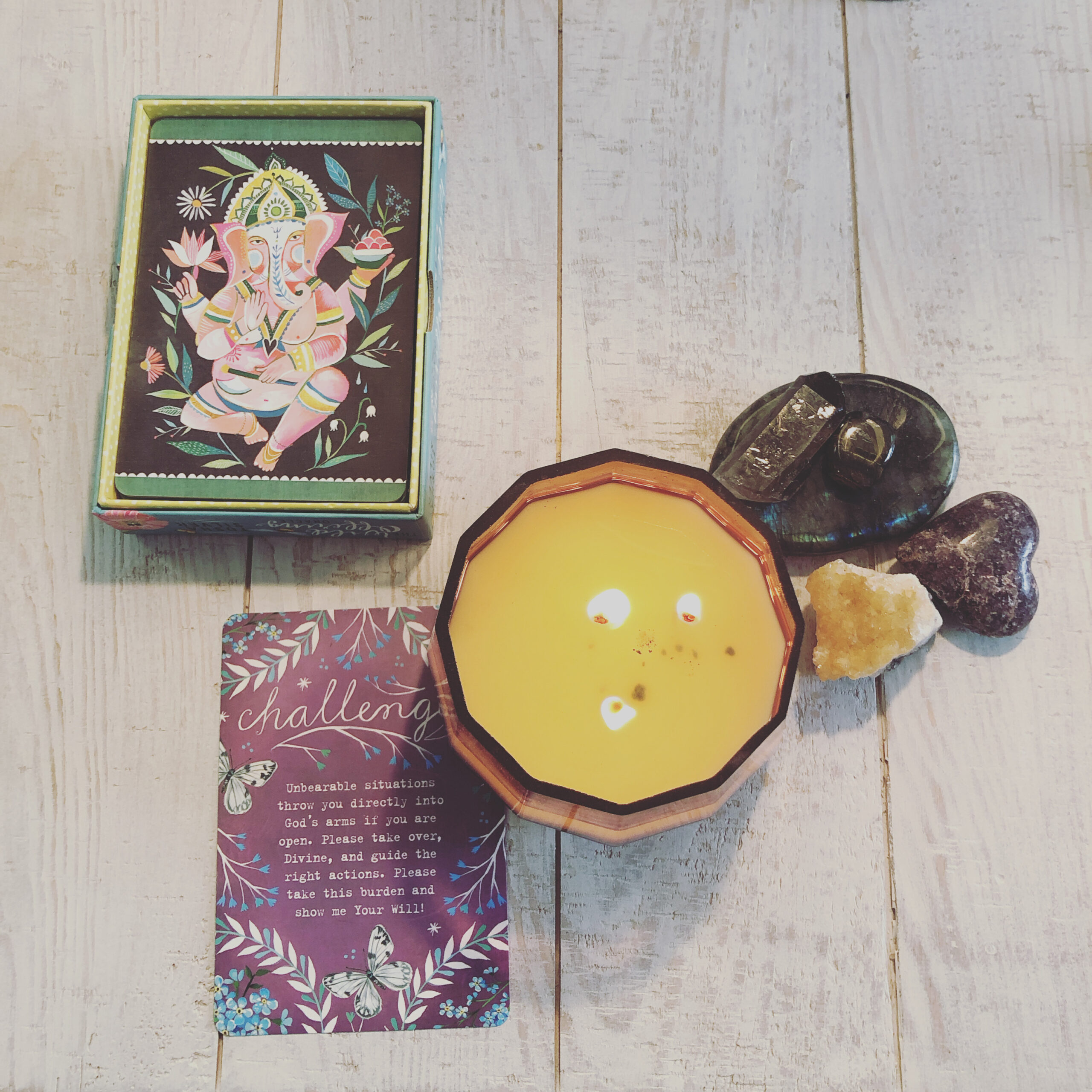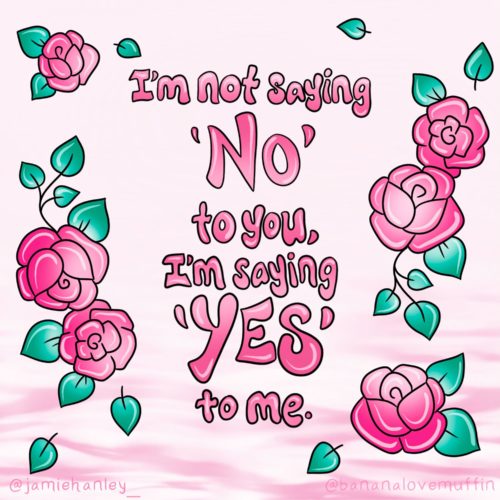“In dealing with those who are undergoing great suffering, if you feel “burnout” setting in, if you feel demoralized and exhausted, it is best, for the sake of everyone, to withdraw and restore yourself. The point is to have a long-term perspective.” – Dalai Lama
If you’re reading this and you are a helper of any kind, you likely already know that burnout is very real. It may be experienced as physical and emotional exhaustion, apathy, hopelessness, and physical symptoms such as gastrointestinal distress and headaches. We’ve all heard it before – “put on your own oxygen mask first,” and “you can’t pour from an empty cup.” As pithy as these typical therapist quotes are, it could not be more true. It takes a lot of energy to hold space and care for people who are suffering. Whether you are a psychotherapist, nurse, yoga teacher, massage therapist, hairdresser, primary care giver of a sick loved one, a mom caring for young children, basically if you work with people in a caregiving capacity, you’re at risk for burnout. When you spend time helping others, self-care and restoration are imperative. Often we don’t know we’re burnt out until we hit the wall.
So ask yourself, “what are the red-flags that I’m feeling burnt out?” Some of my personal favorites include letting my laundry pile up (despite folding and putting away everyone else’s laundry), not working out or practicing yoga regularly, insomnia, irritability, and eating mindlessly, just to name a few. Perhaps your partner notices you’re exhausted, or asks “When was the last time you went to yoga?”
“I have a theory that burnout is about resentment. And you beat it by knowing what it is you’re giving up that makes you resentful.” – Marissa Mayer
Everything has a tradeoff -an opportunity cost. What are you giving up that’s causing resentment, and how can you make the space to bring it back?
Often this means saying “No.” No to more clients, more commitments, more projects, more favors, more of anything that takes up more of your time and energy. No to any of the things that deplete you, with the intent that this will hopefully create time and space for more of what replenishes you. So that you can say “yes” to the rest or rejuvenating activities that we need to practice in order to continue to be healers and helpers.
It can be super hard to say no. Especially when you’re someone who prides themself on helping people, or are very empathetic. Theres often guilt and shame – what does it mean if we say no to people? Do we think we are better than them? How dare we abandon them? How selfish of us! The inner critic can get super loud about this one.
What’s the alternative? Trying to help everyone, and ultimately ending up fried and not helpful to anyone. Set realistic expectations on how much you can commit, and then subtract even a little more. Under-plan. Leave the calendar open. Or better yet, block out times (or days) for the activities that replenish you. Your clients, patients, family, friends, and spirit will thank you for it.


